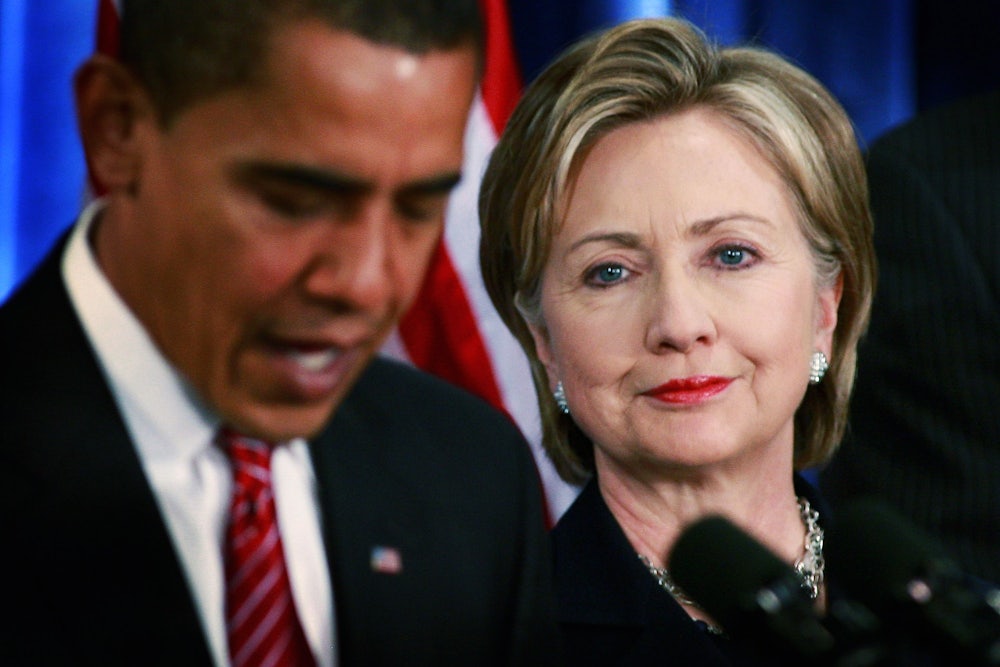For the last few weeks, most of the attention has been on Clinton’s struggles with young voters. She’s currently polling significantly lower than Barack Obama did in 2008 and 2012 with voters under 30 and even lower than John “Mr. Windsurfing” Kerry in 2004. But young voters aren’t the only key demographic that Clinton is having difficulty reaching. According to Leslie Wimes, the president of the Florida-based Democratic African-American Women Caucus, the Clinton campaign “is in panic mode” over black voter turnout.
“They have a big problem because they thought Obama and Michelle saying, ‘Hey, go vote for Hillary’ would do it. But it’s not enough,” Wimes told Politico. “In the end, we don’t vote against somebody. We vote for somebody.” Clinton is polling in the low 80s with black voters in Florida. Trump is only at 5 percent (lol) but turnout, not voter share, is what’s keeping Clinton’s Florida team up at night.
Clinton’s strategy has largely been to make the case that Donald Trump is not fit for the presidency, rather than to explicitly argue why her policies make her the better choice. The Clinton campaign has been fixated on reaching college-educated white voters, who tend to lean Republican, because it expects to lose non-college-educated voters by a historic margin. There’s an O. Henry-ish dimension to Clinton’s strategy, though: By targeting one voting bloc—well-off Republicans—she’s turned off key cogs of the Obama coalition.
Panic or not, there aren’t really signs that Clinton is changing tactics, however. In the first debate, Clinton mostly stuck to her anti-Trump strategy. And, with 40 days until the election, she’s hoping that surrogates like Barack and Michelle Obama and Bernie Sanders can lift her with Obama coalition voters. Still, there’s no reason why Clinton can’t take an all-of-the-above approach in the final month of the campaign, arguing that Trump is a threat to democracy, relying on popular surrogates, and making the case for why she would be the best president for black Americans.
